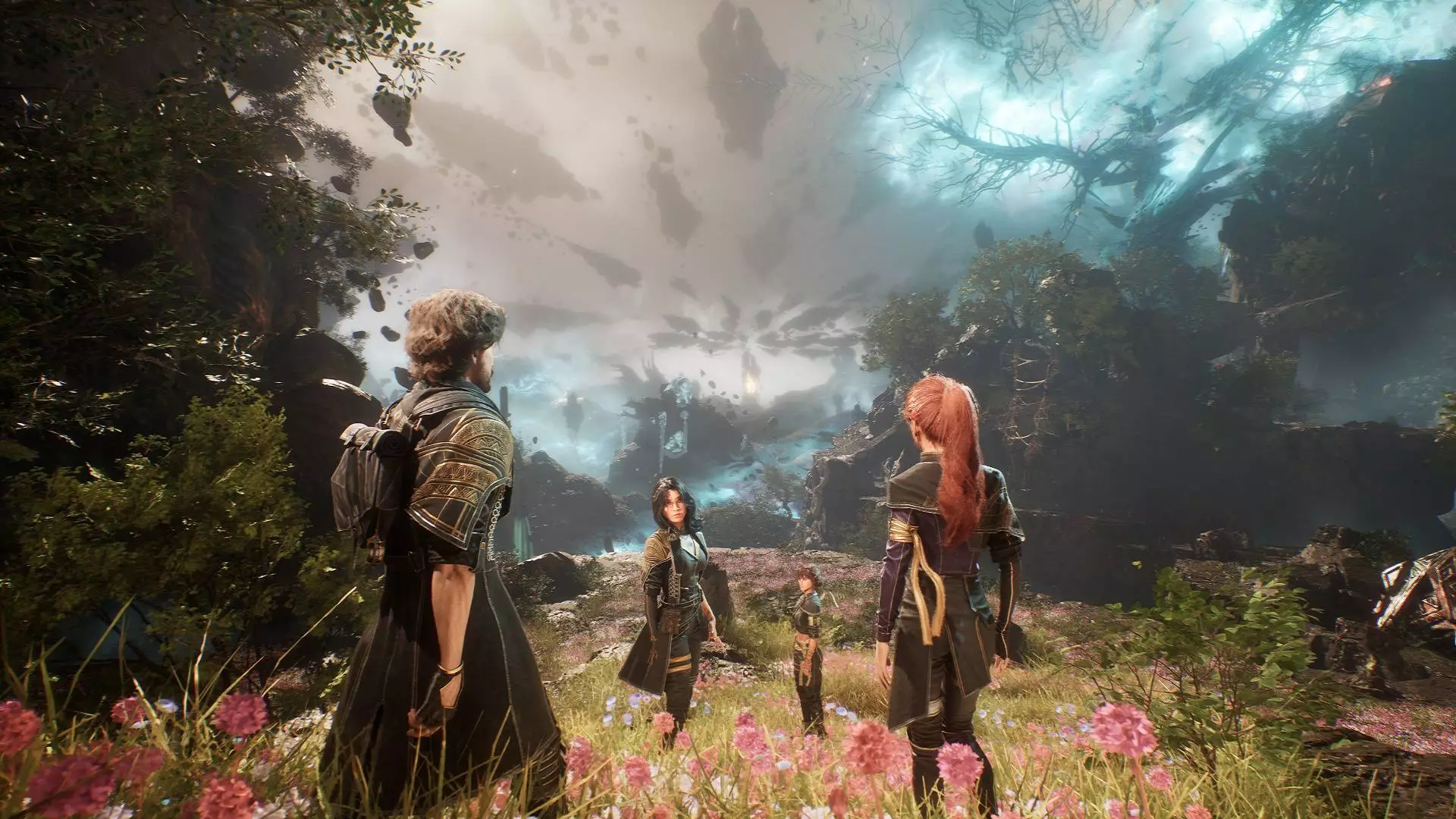In a landscape where gaming studios often tread familiar paths of tradition and formulaic approaches, the story of Sandfall Studios and their debut title, Clair Obscur: Expedition 33, offers a refreshing contrast. The origin narrative is almost a fairy tale for the digital age: an impromptu Reddit audition leads to the hiring of a lead writer, demonstrating that sometimes, the best talent can be discovered in the most unorthodox ways. Director Guillaume Broche’s recounting of the studio’s formation reveals a methodology akin to assembling an RPG party. Each member brought unique skills and creative potential, which formed the backbone of a team that would go on to create the best-rated game of 2025.
What stands out in Broche’s story is the serendipitous nature of talent acquisition. Instead of relying on traditional hiring processes, Sandfall’s approach underscores a belief that collaboration can emerge from unexpected connections. Some team members were sourced through platforms like ArtStation, while others hailed from lesser-known indie projects. This eclectic mix not only diversified their skill set but also fostered an imaginative atmosphere where junior developers could thrive amidst seasoned veterans. The collaborative dynamic they achieved through such randomness is inspiring, reinforcing that creativity can flourish even under the most unlikely circumstances.
The Freedom to Create
The nimbleness of a smaller development team proves to be an unexpected advantage in the realm of game design. While larger companies often find themselves mired in bureaucratic layers and lengthy validation processes, Sandfall has embraced a philosophy of open dialogue and uninhibited creativity. Broche emphasizes the importance of sharing “stupid” ideas, a practice that might seem trivial but is, in fact, profoundly impactful. In an environment where even the most ludicrous ideas are welcomed during team lunches, there exists an exhilarating space for innovation. The absence of stringent corporate meetings allows developers to quickly test new concepts, fostering an atmosphere where experimentation is not only accepted but encouraged.
What Sandfall achieves is more than just a game; they curate a culture of collaboration. Broche’s assurance that everyone’s voice matters speaks volumes about the values that drive their creative process. By celebrating imagination in all its forms, the studio has cultivated a distinctive flavor in its game, balancing humor and depth in ways that resonate with players. The combination of freedom to innovate and a clear creative vision has allowed for a game that is rich in both levity and emotional weight.
Striking a Balance
As players immerse themselves in Expedition 33, they experience a charming blend of silliness interspersed with more profound emotional moments. This juxtaposition is a testament to Broche’s insight as a developer; he recognized a significant absence in current gaming trends: the loss of the effortlessly funny alongside the poignantly serious. The industry has often pushed for either sentimentality or comical relief, rarely allowing them to coexist naturally, but Sandfall has successfully woven both threads into its storytelling.
The game stands out not only because of its content but also due to the philosophy that birthed it. It acts as a mirror reflecting the collaborative joy found in the development process itself. As the team laughed and conjured ideas that seemed nonsensical at first, they unearthed the very essence of what makes gaming an expressive medium. The laughter shared during these creative sprees undoubtedly resonates through the screen, fostering a connection with players who are hungry for both entertainment and emotional resonance.
A Lesson in Collaboration
Sandfall’s story offers a compelling case for the merits of spontaneity in creative endeavors. As they demonstrate, building a game—or any creative project, for that matter—requires more than just a polished vision; it necessitates the energy of passionate individuals willing to take risks and express themselves without fear of judgment. It’s a nod to the potential of every rando out there; sometimes, reaching out to a stranger could unleash a torrent of creative possibilities.
The lesson is clear: we should embrace spontaneity and collaboration, even when they seem daunting. Much like an unlikely email that sparks a creative journey, the willingness to engage with the unconventional holds incredible promise. What would happen if we all approached our respective tasks with the same curiosity and openness to ‘stupid’ ideas? Perhaps we, too, could experience the magic that emerges from such delightful unpredictability, leading to groundbreaking accomplishments not just in games, but in every facet of life.

